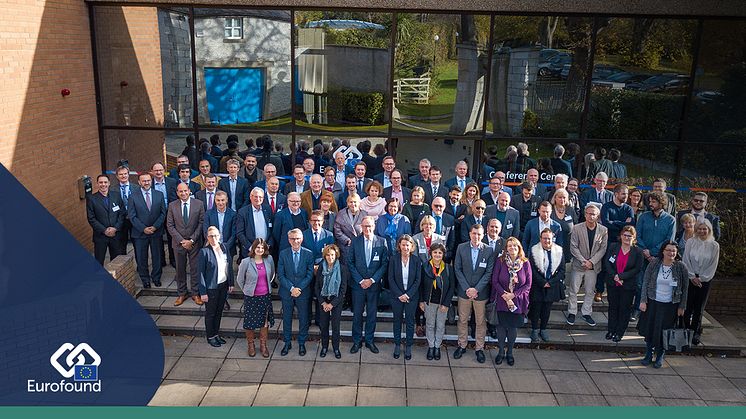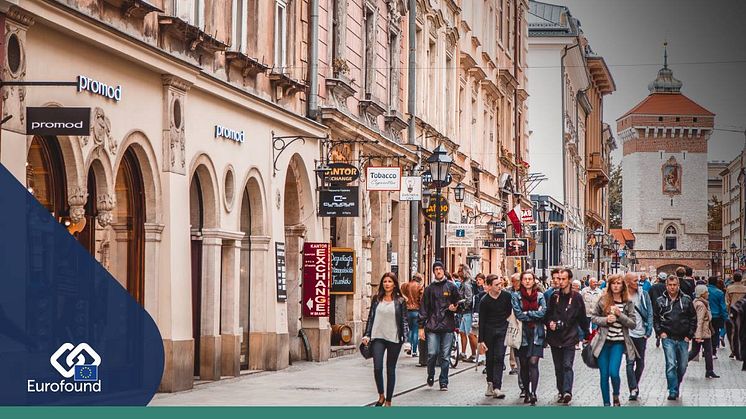Restructuring: Do unions still matter?
Trade unions in many EU Member States face the issue of declining membership. This is a fundamental challenge for organised labour, but it is premature to speak about the redundancy unions: when it comes to important decisions affecting the workplace, restructuring being one, trade unions remain a powerful mechanism of employee voice.




















